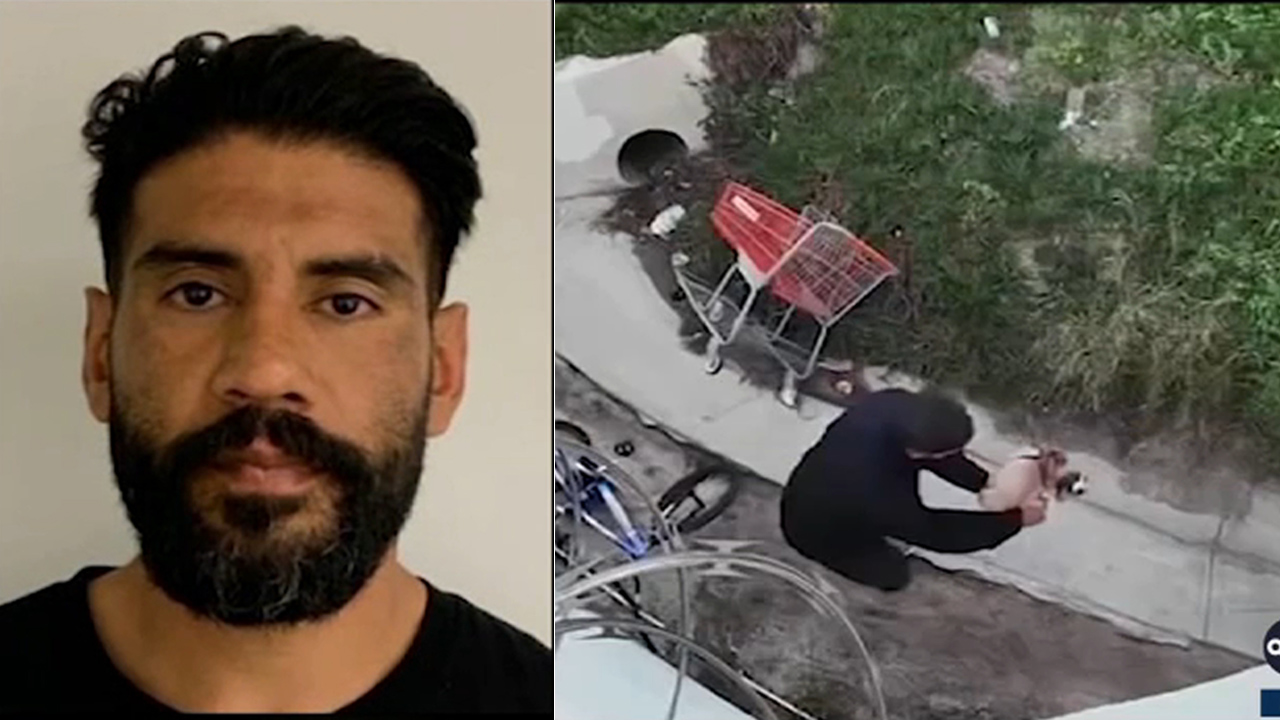Risk factors impact outpatient procedure safety

Joan Rivers went in for a routine endoscopy procedure on Aug. 28. The procedure should have had her out the door and home the same day.
But there was a complication. The 81-year-old stopped breathing and her heart stopped.
Every year, millions of people undergo minor outpatient procedures, such as removing polyps, checking for acid reflux or repairing an ulcer. They're considered very low risk, but patients are advised of all potential adverse effects, said Dr. Harry Balian, a cardiologist at Glendale Adventist Medical Center.
"You can have a cardiac arrest. You can have respiratory suppression," Balian said. "The brain is a very unforgiving organ, even a lack of blood to the brain - five to six minutes - you can have irreversible damage."
Medical history and risk factors are always something Balian considers before he clears a patient for surgery.
He suggests smokers, diabetics and those who have prior heart attacks to check with their cardiologist or primary care doctor before going in for outpatient procedures.
Doctors say outpatient endoscopic procedures are very safe. In a 2007 study, only 19 of 784,000 patients who underwent outpatient procedures died following complications from their surgery.
Most complications from outpatient surgery are minor, but if something major occurs Balian says it's better to be in a hospital or near one.
"A lot of times while you're inside the hospital, if you do have a cardiac arrest, we have the actual team to be able to resuscitate the patient," Balian said.
He added: "In general, this is a safe setting and most of the time patients have a good, favorable outcome."
Rivers' death is under investigation, but there is no suspicion of wrongdoing.










